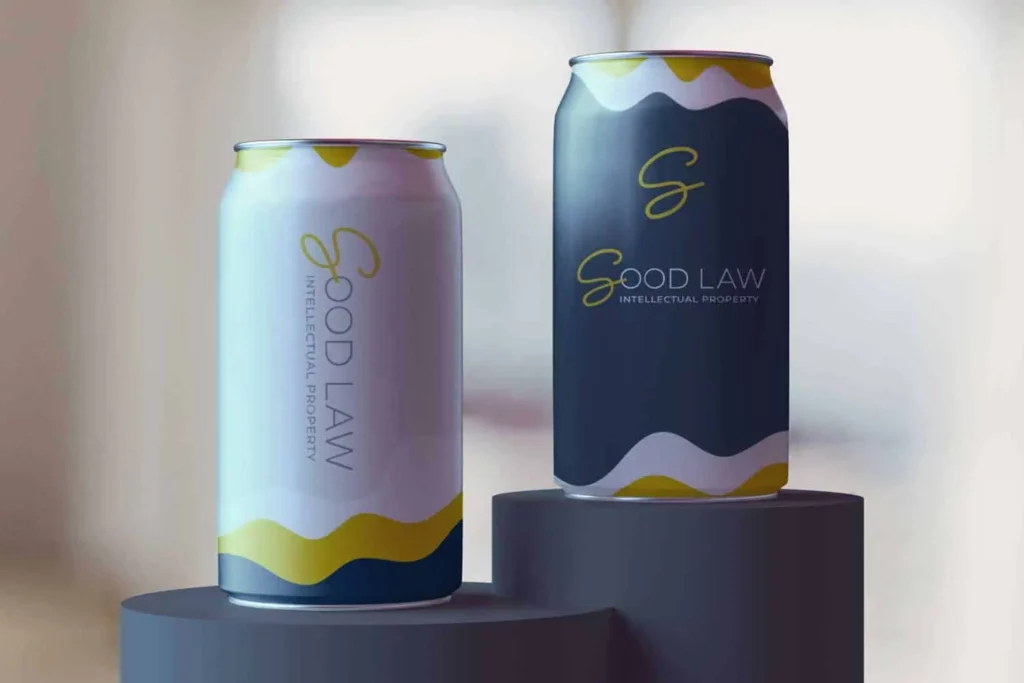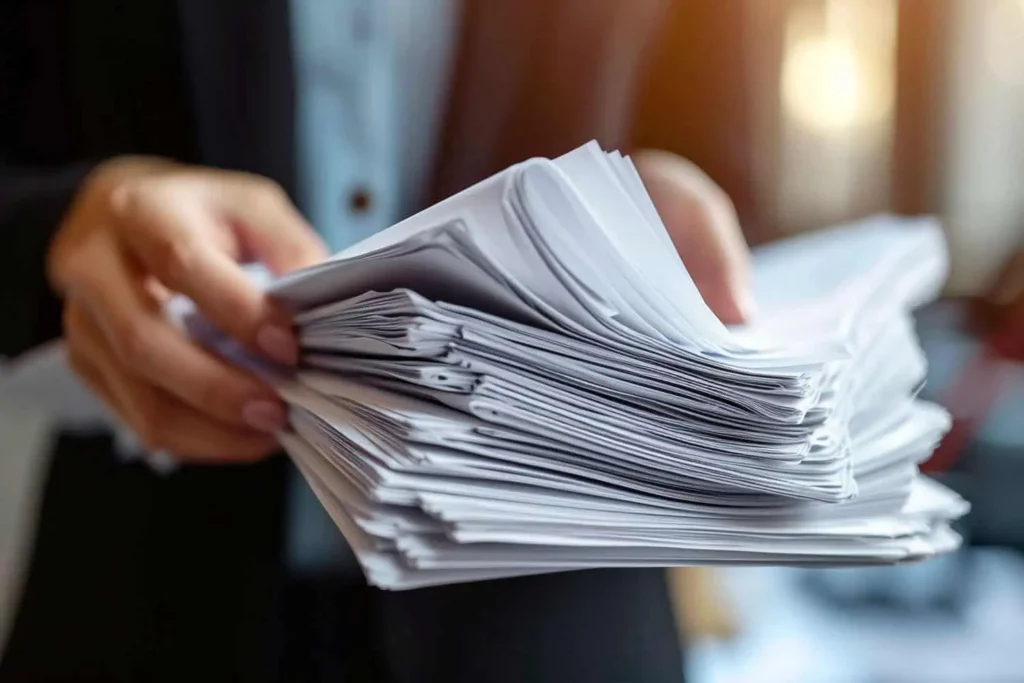Your partner in contract law
Contract law revolves around agreements between individuals and companies. What happens when someone does not hold up their end of the bargain? It also focuses on how obligations are created and the consequences when they are not fulfilled.

Good Law is the expert in contract law. We ensure your agreements are legally sound. Is there a dispute? We stand by you to vigorously defend your rights.
In the dynamic world of business, agreements are more than just paperwork. They are the pillars of your success and the foundation on which strong partnerships are built. Whether it is complex licensing agreements or detailed arrangements between partners, Good Law protects your interests and creates a robust foundation for your business.
We are your partner in contract law and combine this with our expertise in intellectual property, liability, compliance, and procedural law. Whether it is drafting contracts, protecting your trade secrets, or tackling legal disputes, we bring together our specialisms for maximum impact and the best outcome for you.
Good Law specialises in contract law for various sectors. While contracts share similarities across industries, they always have specific implications in each sector. We manage cases of contract breaches and liability, offering tailored contract drafting and advice on a daily basis.
Protect your assets with Good Law
Ensure your rights are upheld! Contact Good Law today for expert advice and decisive action in cases of intellectual property infringements and other business liability matters.

Personal approach
Every case is bespoke, tailored to your unique situation and needs.
Expert guidance
Benefit from our extensive knowledge and experience in business liability.
Proactive attitude
Our decisive team has a strong reputation you can trust.
Frequently asked questions
I made verbal agreements with an associate. Is this legally valid?
Yes, verbal agreements are legally valid, even in business collaborations. But you must be able to prove the verbal agreement.
Evidence can come from emails, factual actions or statements that show what you agreed to at the time.
In long-term collaborations, a “paper trail” from the very beginning is especially important. After all, in such a collaboration, a contractor may have performed all kinds of actions, but they do not always match the client’s expectations.
It therefore listens extra closely to exactly what was agreed. A judge will anyway look at the written text of the agreements, as well as what the intent of a cooperation was, and also what the parties may in fairness expect from each other
Even in collaborations with friends, Good Law recommends putting down clearly on paper – possibly together – from the beginning what you have agreed upon. This prevents misunderstandings and makes it easier to resolve any disputes.
Contact us for advice or help in setting appointments.
I’m building an app for my client, but the client is dissatisfied, won’t pay, and cites poorly delivered work in recovery proceedings. What now?
That the customer says they are not satisfied means nothing legally, but that may be where the good news ends. Situations like this can be incredibly complex, especially in the software industry where agreements and expectations about a delivery are often diffuse.
First, it is important to get as much clarity as possible about what exactly was agreed upon. What specifications were agreed upon, were there any changes during the process and what else was said in the interim, and what are the exact reasons for the customer’s dissatisfaction?
For example, sometimes agreements are changed without both parties being fully aware of the consequences. Clarifying this can already be the beginning of the solution.
Furthermore, a lot depends on the assurances given by your company as the contractor and the communication documentation. For example, the fact that communications were not properly made may well be a valid point of contention for a judge.
On the other hand, if a customer indicates dissatisfaction, this does not legally mean that the customer may refuse to pay.
In clouded supplier-customer relationships, Good Law often tries to mediate first – and we have good reason to do so. For a judge, such disputes are complex, especially if there are the aforementioned unclear agreements or a diffuse process. Often a judge will then appoint an expert to assess the quality of the work done. This can be time-consuming and costly.
Lawsuits over IT projects can take years and sometimes end in a Solomon’s verdict that neither party is completely satisfied with.
The other side of the coin is: if the client has requested an additional module, for example, additional work may be invoiced for that. In doing so, it is essential to also make sure that the client gets the impression that you, the contractor, are willing to find a solution, such as adjustments or clearer agreements on future cooperation.
Good Law has extensive experience in assisting both contractors and clients. Our advice: document all communications carefully, look critically at your own guarantees and agreements, and try to reach a solution in consultation with the client before things escalate. Mediation is often more effective, cheaper and faster than litigation. Contact us for advice!
My company has developed a software package that I want to go abroad with. How do I do business safely with resellers and users?
The software is copyrighted, which happens automatically without further steps. But as proof that the package was developed by your company, it is wise to record a detailed and dated description.
Describe the functionality, features and unique characteristics of the package and consider filing it with a notary, bailiff or attorney. This can be crucial in proving your authorship in any litigation.
For users and resellers, it is important to establish clear agreements. With users you conclude a license agreement, in which you arrange the right of use under specific conditions. For resellers, you use a distribution agreement, in which you make agreements about the sale and distribution of the software.
By the way, you can determine which law applies here, such as Dutch law.
Contact Good Law for help in drafting agreements or recording your software.
Together with an associate, I built a successful business. But my associate left and now offers the same product. What now?
Bonuses with a departed associate often involve complex legal and business issues. Much depends on the agreements made at the time and the rights established. Therefore, look for any information you can find. What may seem like a trivial email to you may be legally important.
The fact that someone invented the product, for example, does not automatically mean that he or she has exclusive use of it. If nothing is stipulated or registered, the rights often belong to the company in which the product was developed.
A quick solution in case of an argument is to buy out the departed partner, so that the company retains all rights and can use the product exclusively. On the other hand, however, the partner may have individual registrations, such as patents or designs/trademarks in his own name. This can complicate the situation considerably and requires a careful legal assessment of who is entitled to what rights.
Good Law’s advice: thoroughly research the legal situation and determine a strategy based on that research. This can range from negotiations and settlement to legal action. Contact us for an exploratory discussion!
Our other areas of expertise
Trademark Law
On trademark protection and infringement prevention, as well as all aspects of combating infringements

Design Law
For the protection of designs, navigating registration processes, and combating counterfeiting

Liability
In cases of intellectual property infringements, contractual breaches, and disputes

Compliance
For ensuring compliance with laws and regulations, including cases before the Dutch Advertising Code Committee

Procedural Law
From legal disputes to drafting legal documents and court representation

Copyright Law
Everything related to the protection of various works, such as photography, text, and software
